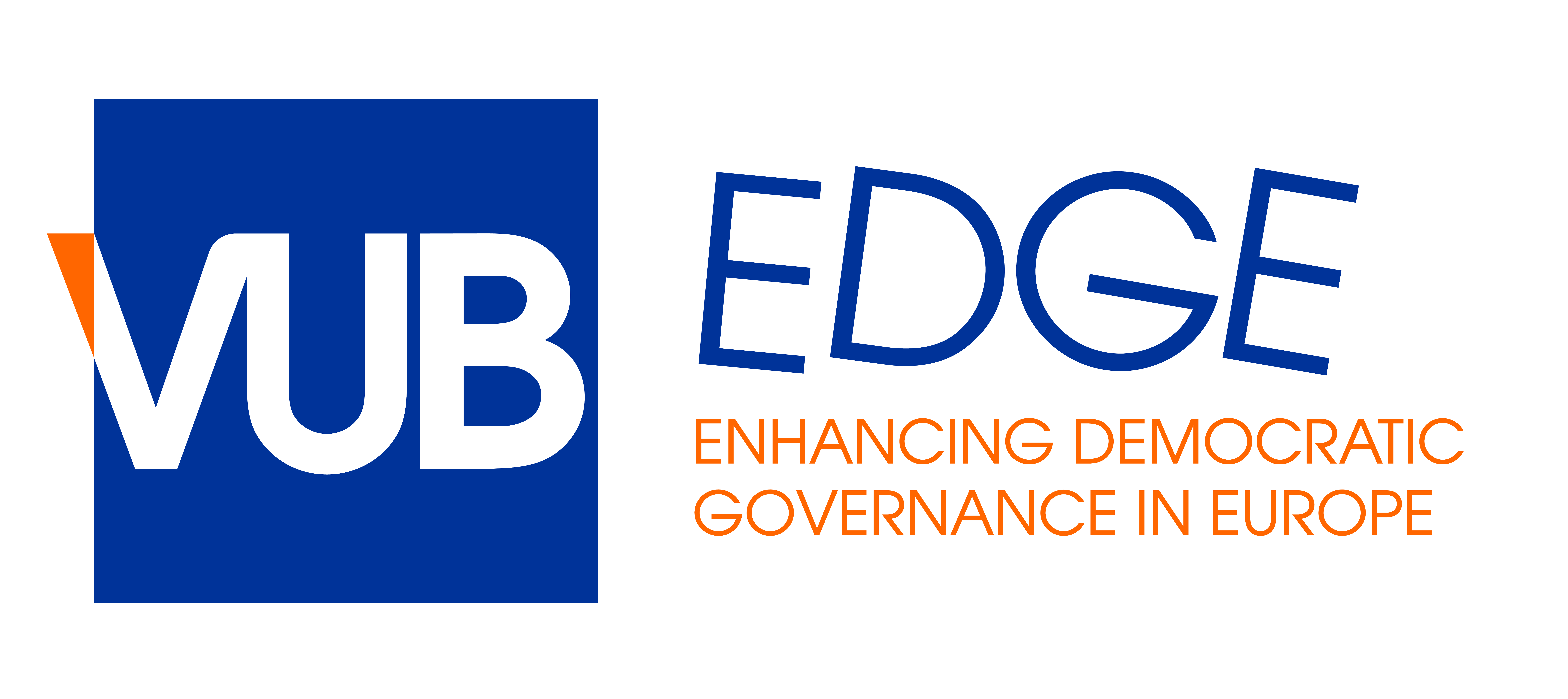To Feel Politically Represented: What Does It Mean, What Does It Take?
What does it mean and take to feel politically represented? How the social inequalities are reproduced through the unequal access to political power that is founded on such inequalities? During this EDGE Seminar, the necessary revival of these classical issues of political sociology (Almond & Verba, 1963; Gaxie, 1978; Verba & Nie, 1987; Verba, Schlozman, & Brady, 1995) will be discussed.
Such a “democratic challenge” can be considered as a methodological challenge. How can we document a phenomenon that is mainly determined by an absence? Where and how should we work? How can we avoid that the “no voice” in the political scene imply "no hearing" from political observers and political scientists? Guillaume Petit will discuss how such issues are addressed within the framework of an ongoing national project, EoS-RepResent, about political representation and democratic resentment.
Using a large variety of methods all with a dynamic component and ranging from traditional panel surveys, over content analyses and experiments, to focus groups and interviews, RepResent aims to dig deep into one of the root causes of the widespread democratic resentment. Such large research design allows to interrogate how mix-methods can help to strengthen our understanding. What is at stake with the representative government (Manin, 1995) (i.e. liberal democracy) and its contemporary reconsideration through (procedural, substantial and symbolic) alternative claims for political representation? Guillaume Petit will present how the RepResent team articulates different ongoing qualitative inquiries about some dominated social groups to shed light on what he (hypothetically) label as “the end of democratic obviousness”.
- Presenter: Guillaume Petit
- Discussant: Eline Severs
Participation is free of charge, but due to room limitations, please register here. A light lunch will be provided.
